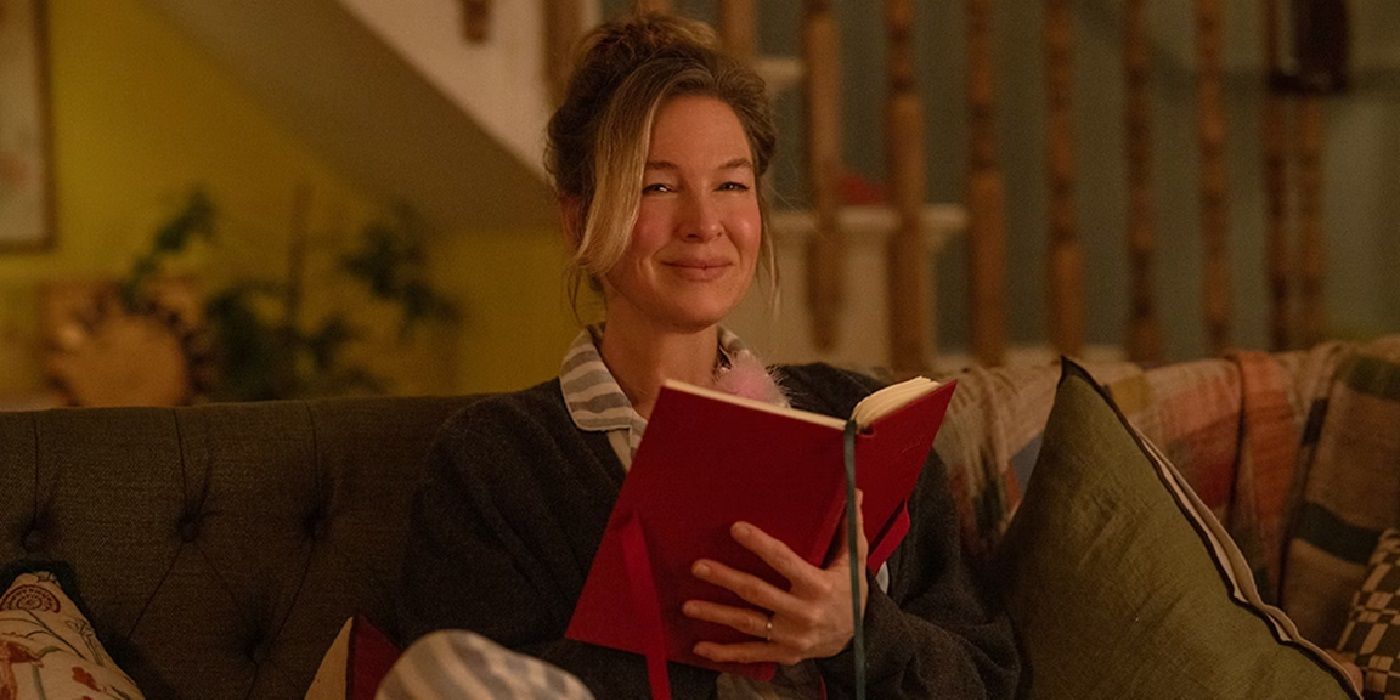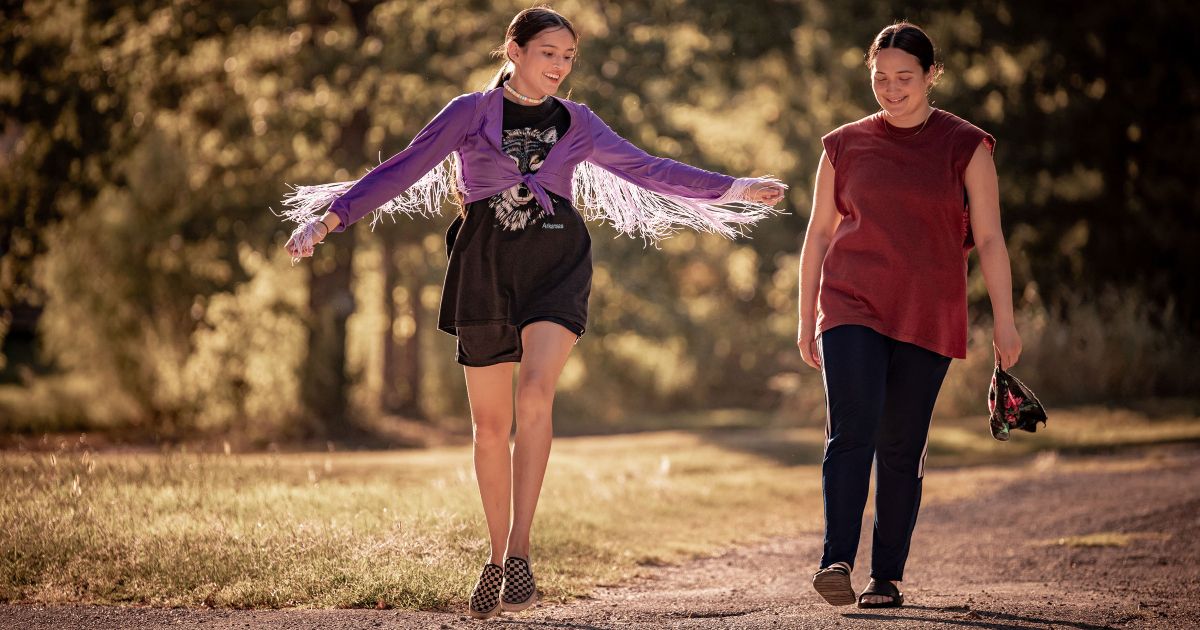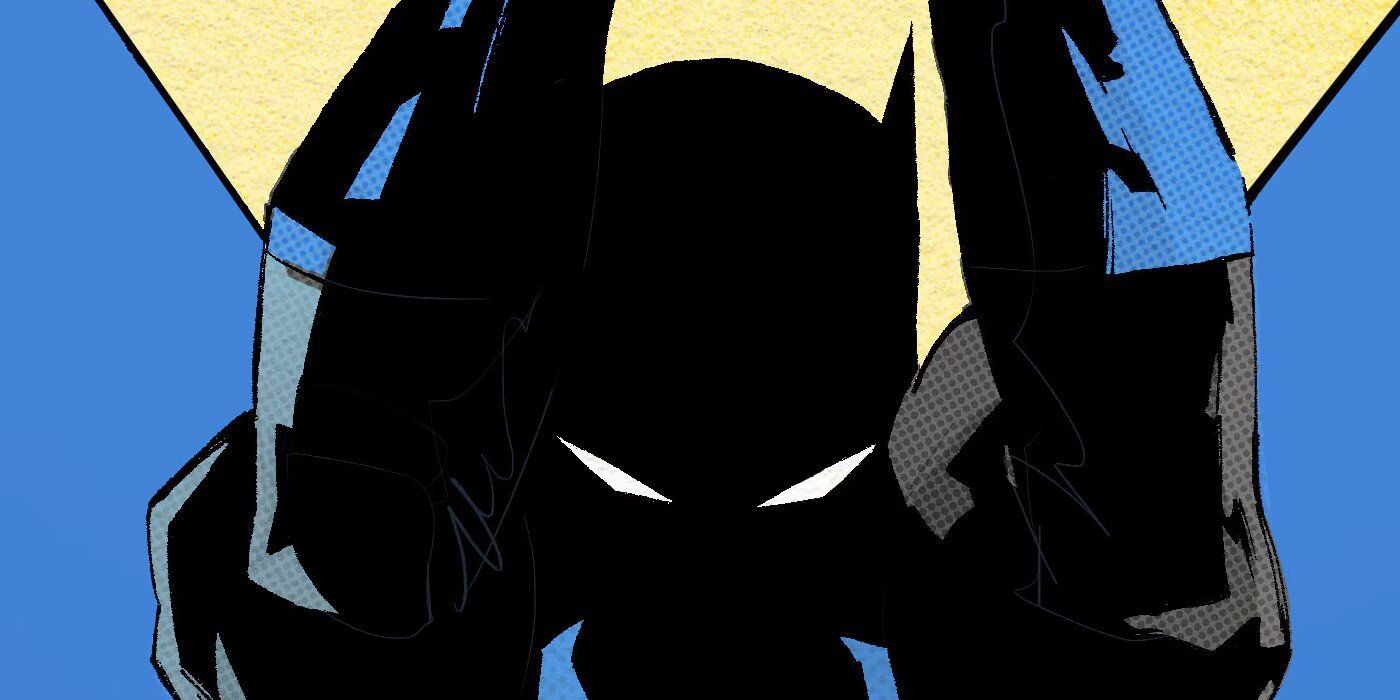Fancy Dance may be her first feature film, but “debut” doesn’t feel like the appropriate word to describe Erica Tremblay’s latest film. Indeed, there’s nothing “amateur” about the nuance and precision with which she examines a post-colonial America through the perspective of the Indigenous community. After all, Tremblay, who belongs to the Seneca-Cayuga Nation, has always turned her lens towards her own community in her past filmmaking efforts, from directing the documentary In the Turn to serving on the story editing and co-writing teams of AMC’s Dark Winds and FX’s Reservation Dogs. So, no, Fancy Dance isn’t just a triumphant narrative debut for the director — it’s an arrival.
MOVIEWEB VIDEO OF THE DAY
Premiering at this year’s Sundance Film Festival, and selected as part of the U.S. Dramatic Competition program, Fancy Dance stars Lily Gladstone and Isabel Deroy-Olson as Jax and Roki, respectively, a woman and her 13-year-old niece struggling to get by on the Seneca-Cayuga Reservation in Oklahoma. To further complicate matters, Jax’s sister and Roki’s mother, Tawi, has been missing for two weeks now. Jax, already fearing the worst, just wants answers, while Roki wants to find her mother so that they can perform the traditional mother-daughter dance at an upcoming powwow. What’s more, Jax’s estranged white father (and Roki’s grandfather), Frank (Shea Whigham), wins custody of the young girl in Tawi’s absence. Afraid of Roki being left with folks she barely knows, Jax sees no other choice but to take Roki on a road trip to locate her missing mother. Of course, this coerces Frank to get authorities involved.
What’s most interesting about Fancy Dance is its nuanced intertwining of Roki’s coming-of-age arc with the mystery narrative centered around her mother’s disappearance. In this way, the film feels as much a story of hope and community as it does an indictment of America’s history of colonialism, its consequent marginalization of Indigenous people, and its failed justice system.
Related: Sometimes I Think About Dying: A Deeply Human Excavation of Our Difficult Existence
Lily Gladstone Is a Revelation
Confluential Films
Between Fancy Dance and Martin Scorsese’s upcoming Killers of the Flower Moon, which is reportedly eyeing a Cannes premiere this spring, Gladstone is about to have one hell of a year. Simply put, she is perfect as Jax, deftly navigating the unexpected role of Roki’s new mother-figure while bearing the burden of finding her sister when the authorities prove themselves incapable of doing so. There’s an evident strength, tenacity, and no-nonsense attitude to Jax, especially when she’s dealing with the men who are either too apathetic or too unsuccessful to help her, and Gladstone imbues a soulfulness into every moment. As Fancy Dance builds to its climax, and as Jax and Roki find themselves cornered, you can see her resolve slowly chip away. The scene where the worst of Jax’s fears have been confirmed will, thanks to Gladstone’s performance, surely stay with you long after the credits roll.
Opposite Gladstone is newcomer Deroy-Olson playing Roki. The young actor made a splash in 2022 in Prime Video’s Three Pines and in the miniseries Shadow of the Rougarou. Fancy Dance effectively marks her feature film debut, and it’s an incredible one for that matter. Indeed, there’s a quiet strength mixed with youthful trepidation that Deroy-Olson gives Roki, resisting pity and condescension from the adults around her. She more than holds her own against the older, more seasoned actors around her, which is key to the film’s overall success, as she is the emotional anchor.
Related: L’Immensità Review: Penélope Cruz Is Sublime in Emanuele Crialese’s Transportive Family Drama
A Poignant Story Told with Care and Nuance
Missing and Murdered Indigenous Women (MMIW) is an epidemic that persists across the United States, Canada, and Latin America. According to Native Women’s Wilderness, Indigenous women, girls, and two-spirits are victims of murder and sexual or physical violence at a disproportionately higher rate than any other ethnicity. What’s more, the investigative process sees more hurdles due to many systemic issues — communication and jurisdiction among them — which, in turn, results in less cases being properly reported.
This is all touched on in Fancy Dance, but it looms over Jax and Roki’s road trip/investigation as its backdrop, rather than taking the spotlight of the film. In this way, Tremblay and co-writer Miciana Alise have carved a wrenching juxtaposition of tragedy and hope that not only highlights the horrors Indigenous women, girls, and two-spirits face every day, but also honors the realities of living in a colonized world and advocates for systemic change and progress. At the same time, through Roki, Fancy Dance offers light in the darkness and, more significantly, a message of declaration. That the film ends with Roki and Jax at the powwow, dancing in honor of MMIW, is an assertion of Indigenous identity and tradition. As if they, like Tremblay with her film, are saying, “We’re here.”
Fancy Dance is currently playing at Sundance. Visit the festival’s website for the full schedule.
You can view the original article HERE.





























